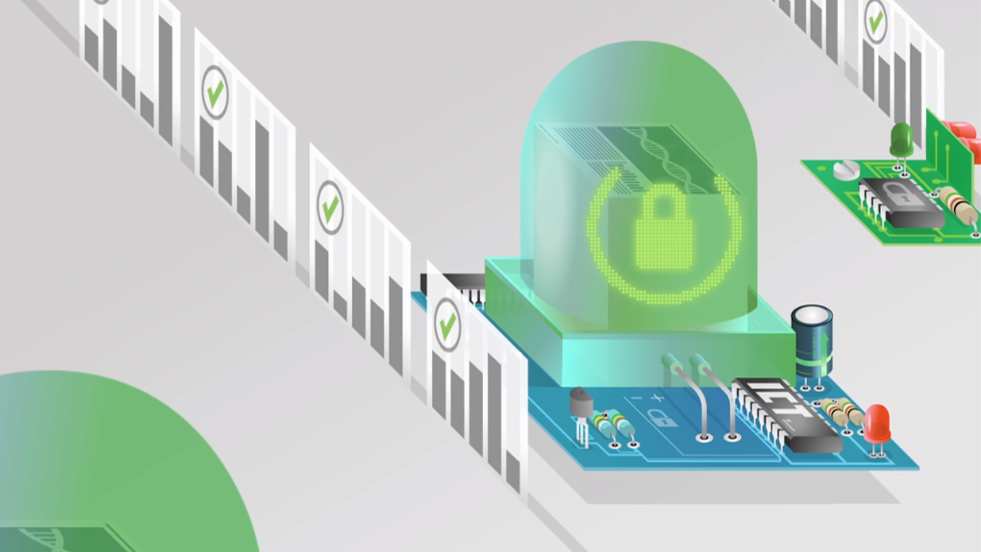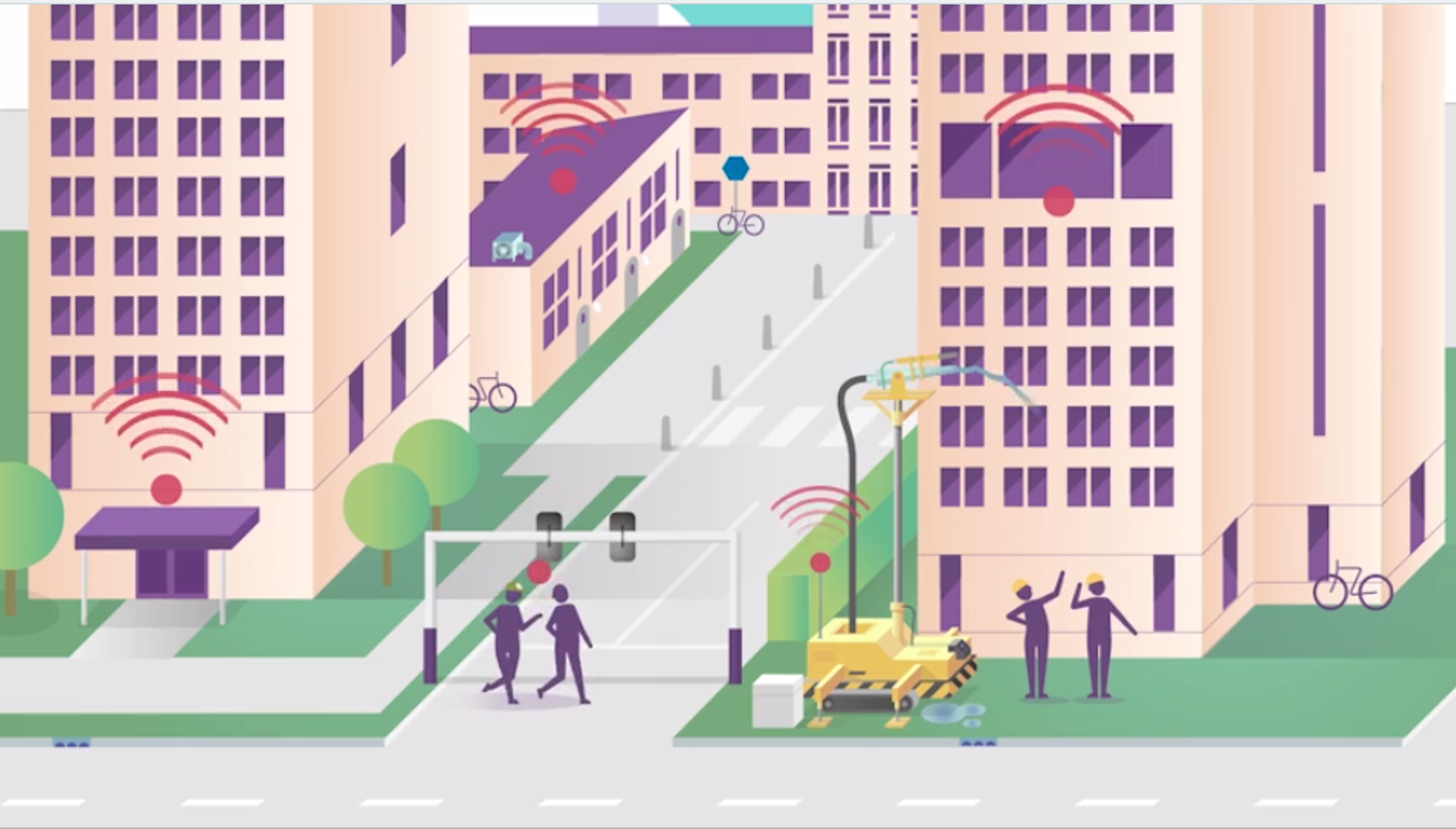Data linkage allows pooling data from different patients in different countries and allows researchers to gather sufficient numbers of cases for their study. This is particularly relevant to rare diseases, where patients are scattered around the world.
Data linkage can also permit combining different types of data of the same patient, such as clinical information, genomics, various types of omics (multiomics) and information about availability of biosamples stored in biobanks. Such approach can help researchers understand better, how genetic and molecular changes lead to particular disease symptoms.
The RD-Connect data linkage team focuses on the technical aspect of linking different types of data between institutions across countries. Successful data linkage involves adopting the FAIR principles, meaning the data stored in databases should be Findable, Accessible, Interoperable and Reusable to allow data exchange. FAIR data standards help to harmonise and link up data from different sources, including: genomics archives, health records, patient registries and biobanks.
Linking rare disease patient registries is one of the main objectives of the RD-Connect data linkage team.
Making registries FAIR will allow researchers to answer research questions in a fast, automated way such as: “Can registry data help measure the effect of the drug on the symptom severity?”, or “Does the precise disease-causing mutation influence the symptom severity?”
Sharing clinical information, such as description of symptoms and their severity in each patient, requires them to be stored in a standardised format. This is possible by using ontologies - hierarchically organised standardised terminology lists. Read more about ontologies >>
Watch Vision on Open Science
The video was prepared by DTL, including RD-Connect partners.
See for yourself what data linkage can do in the FAIR Data Demonstrator!
The work on Data Linkage is led by the RD-Connect partners in the Netherlands: Leiden University Medical Center (LUMC) and University Medical Center Groningen (UMCG).


